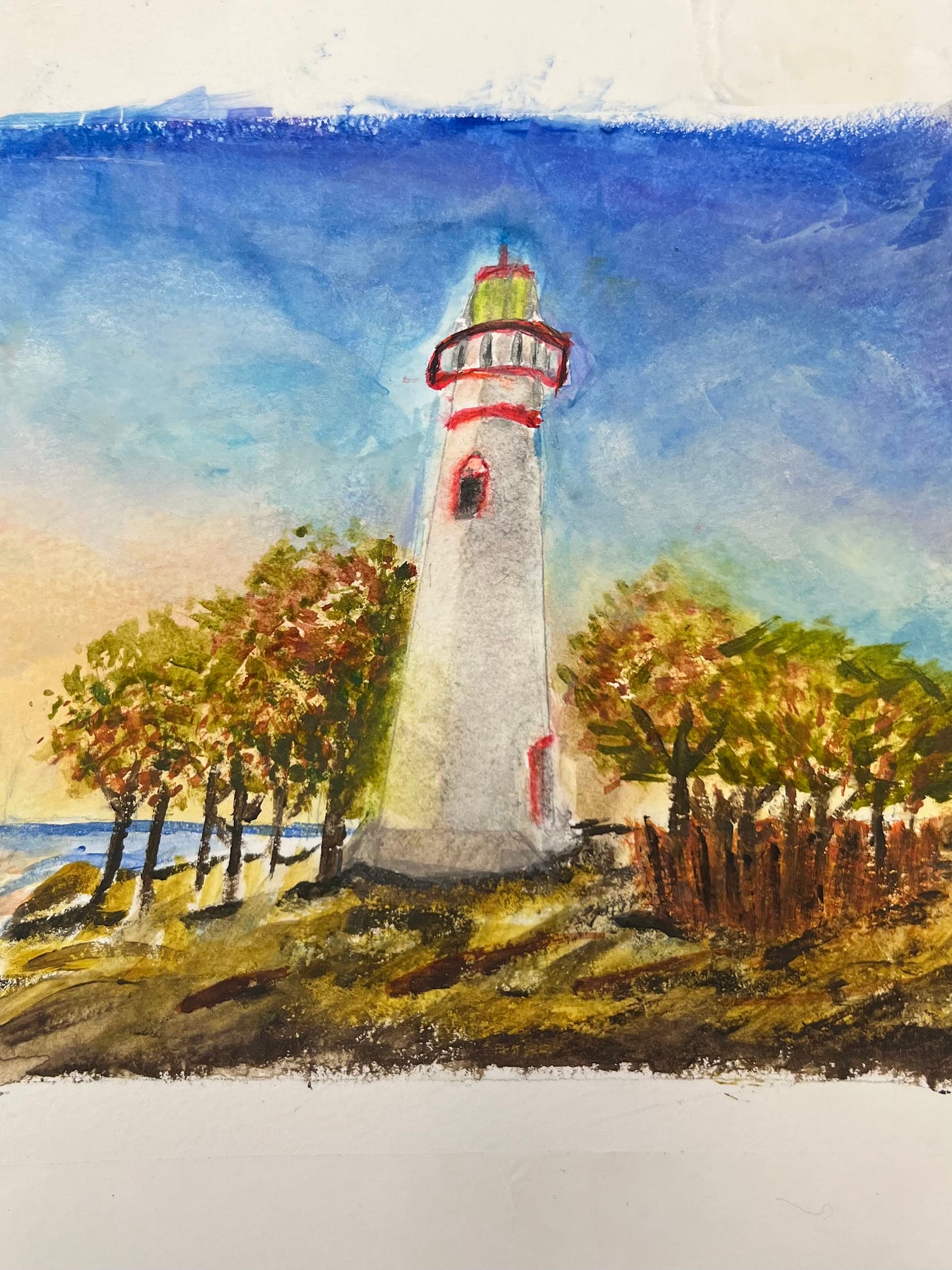“Wisdom is not a product of schooling but of the lifelong attempt to acquire it.”
-Albert Einstein
I often begin essays with a quote.
I love words.
I love a well-turned phrase.
I’ve always found inspiration in them.
While quotations like the one from Einstein can help illuminate an issue of importance, without reflection the insight may be fleeting. Furthermore, the importance of embracing the mindset of a lifelong learner should not be lost in a series of well-intentioned allusions.
Reflections of an Educator
As anyone in the field of education knows, the phrase “lifelong learner” gets tossed around quite a bit. A goal of every educator is to help our students embrace the mindset of a lifelong learner, to help them develop intellectual curiosity, critical thinking skills, as well as an appreciation of learning for learning's sake.
Despite this, hearing the phrase so often without thinking about its deeper meaning is a dangerous trap. The concept of “lifelong learner” can become hackneyed, an overused, meaningless cliche. We must make every effort to resist this.
In my role as a social studies teacher, it was a given that each day I would create a lesson to be learned. A well-constructed lesson would have an “Aim”, a “Do Now” activity, a variety of questions and activities in the body of the lesson that required the students to engage in critical thinking, and a summary activity through which students demonstrate what they learned (hopefully, answering the lesson’s “Aim”). While each day’s lesson was an opportunity for my students to learn, it was also a learning opportunity for me.
Over the course of my career, I probably learned as much from my students as they learned from sitting in my classroom. I learned about human nature, how to read body language and facial expressions. Based upon their responses and the level of interaction, I learned to develop the art of questioning as well as the art of listening. I came to appreciate the importance of both what is said and not said in a dynamic classroom setting. I recognized the importance of developing an understanding of each student as a unique individual with different likes, dislikes, strengths, weaknesses, and different lived experiences. It was a humbling experience. Overtime, I learned that there are important lessons to be learned in every human interaction if you're open to the process.
Learning While in Transition
Over the course of the last year, I’ve gone through a period of transition - the transition from a high school teacher to a retiree. Understanding that periods of transition are often difficult, especially the transition to retirement after a four-decade long career that filled my life with purpose and meaning, I decided that I would fully embrace the mantle of lifelong learning.
One part of this process involved embarking on the journey of becoming a certified life coach. The philosophy of life coaching had great appeal to me, and it seemed to complement my educational background which includes undergraduate and graduate coursework in psychology and mental health counseling. I enrolled in a life coaching program, completed dozens of hours of 1:1 coaching, and earned my initial certification. As a novice in this field, I’m continuing to accrue coaching hours with the goal of achieving further accreditation. I’m excited to learn something new each day so that I can become as proficient a coach as I was an educator. Embracing the lifelong learner mindset has helped me navigate what can be a difficult life transition.
Another part of this process involved departing from my traditional comfort zone. While I’m thrilled and grateful that retirement has afforded me the time to pursue my interests, whether it’s developing as a life coach, writing for my Substack newsletters, journaling, meditating, swimming, or taking a mindful walk, I’ve also been able to carve out time for studying a foreign language and learning to watercolor paint. Watercolor painting is completely new for me - definitely outside of my comfort zone.
As a child, I enjoyed painting and drawing but did not spend much time thinking about it as an activity to pursue as I grew older. I didn’t think I had any real talent in this area so why bother spending time on it.
Well, now that I have more time, I’ve decided my level of talent and skill set doesn’t matter so much. It’s the journey of learning something new that matters. Moreover, appreciating the therapeutic effects that engaging in the arts can have on participants, I figured why not give it a try. So, I signed up for an adult education watercolor painting class through my home school district. Of all the activities that I’ve engaged in over the past several weeks, learning to watercolor paint has probably given me the greatest joy (outside of the time spent with loved ones, of course). Each painting is a new adventure. A chance to experiment and learn. It doesn’t matter if I have innate talent or aptitude. What matters is the experience and satisfaction that the activity brings.
Final Thoughts
While I initially felt trepidation about my looming retirement, viewing this transition as an opportunity to learn more and do more has been a game changer. Embracing the mindset of a lifelong learner can enrich one’s life. Lifelong learning will prevent stagnation and contribute to a greater sense of purpose, gratitude, vitality, joy, and positivity about what the future holds.
Spread the word! Einstein was right about this too!
Posting this painting is probably one of the bravest things I’ve done. I have a lot to learn about watercolor painting but am enjoying the ride!





Your reflection on embracing lifelong learning during your transition to retirement deeply resonated with me. There's something profoundly courageous about how you've approached this significant life change - not with fear, but with openness to new experiences and growth - thank you for sharing !
Carolyn, It's a beautiful painting and you captured the mood perfectly. Your writing is such a heartfelt and refreshing reminder that learning doesn’t end when a career does—it evolves.